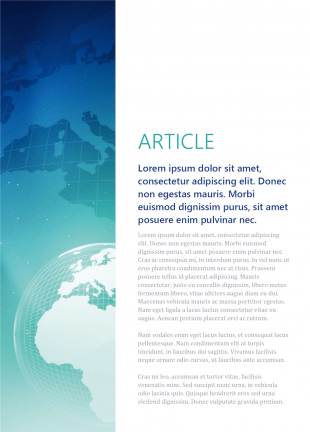Mohr, S., Borras, L., Betrisey, C., Pierre-Yves, B., Gilliéron, C., & Huguelet, P. (2010). Psychiatry, 73(2), 158-172.
Abstract. Delusions with religious content have been associated with a poorer prognosis in schizophrenia. Nevertheless, positive religious coping is frequent among this population and is associated with a better outcome. The aim of this study was to compared patients with delusions with religious content (n = 38), patients with other sorts of delusions (n = 85) and patients without persistent positive symptoms (n = 113) clinically and spiritually. Outpatients (n = 236) were randomly selected for a quantitative and qualitative evaluation of religious coping. Patients presenting delusions with religious content were not associated with a more severe clinical status compared to other deluded patients, but they were less likely to adhere to psychiatric treatment. For almost half of the group (45%), spirituality and religiousness helped patients cope with their illness. Delusional themes consisted of: persecution (by malevolent spiritual entities), influence (being controlled by spiritual entities), and self-significance (delusions of sin/guilt or grandiose delusions). Both groups of deluded patients valued religion more than other patients, but patients presenting delusions with religious content received less support from religious communities. In treating patients with such symptoms, clinicians should go beyond the label of « religious delusion, » likely to involve stigmatization, by considering how delusions interact with patients’ clinical and psychosocial context.
